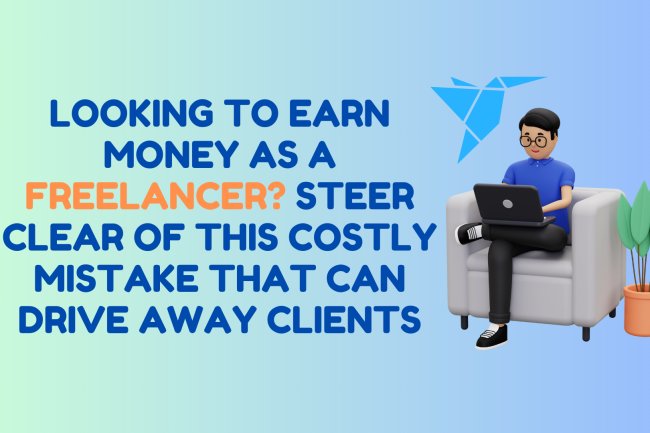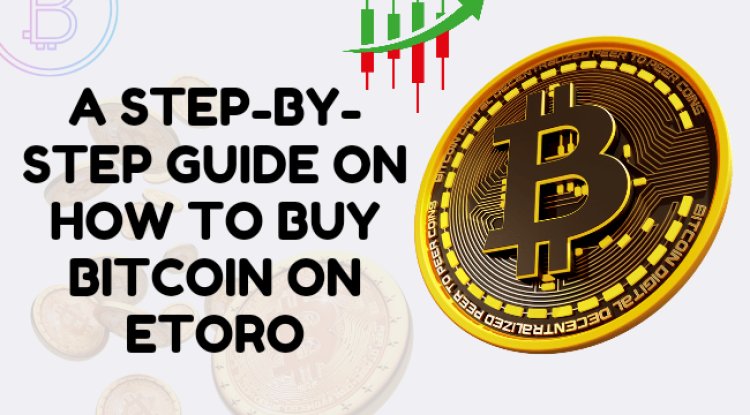Why Interest Rate Changes Shouldn't Be a Concern for Entrepreneurs
Why Interest Rate Changes Shouldn't Be a Concern for Entrepreneurs- Keep Your Focus on Business Growth Instead of Market Fluctuations.

Here's why entrepreneurs shouldn't panic about interest rate hikes and uncertain forecasts.
Your business should always come first, regardless of interest rates:
As an entrepreneur, it's natural to be concerned about interest rate changes and their potential impact on your business. However, it's important to remember that your business should always come first, regardless of interest rates. Interest rate changes are often short-term fluctuations that may not necessarily have a significant impact on your long-term business strategies. Instead of panicking, focus on the fundamentals of your business, such as providing value to your customers, building a strong customer base, and continuously improving your products or services. By prioritizing your business's long-term goals, you can navigate through interest rate changes with resilience and keep your business on track for success.
Take on debt to invest in your business:
One common concern among entrepreneurs during times of interest rate hikes is the cost of borrowing. However, taking on debt to invest in your business can be a strategic move to foster growth, even during inflationary periods. While it's important to be mindful of interest rates and borrowing costs, it's equally important to consider the potential returns on investment. If you have a well-researched business plan and a clear strategy for utilizing borrowed funds to generate higher profits or expand your operations, taking on debt can be a prudent business decision. Just make sure to carefully assess the risks and benefits, and seek professional financial advice when needed.
How to leverage debt to grow your business during inflationary periods:
Inflationary periods, often accompanied by interest rate hikes, can present challenges for businesses. However, they can also create opportunities for entrepreneurs who are strategic in their approach. One way to leverage debt during inflationary periods is to invest in assets or inventory that are expected to appreciate in value or increase in price. For example, purchasing raw materials or inventory in advance, before prices rise, can help you lock in lower costs and increase your profit margins. Additionally, investing in fixed assets, such as real estate or equipment, can provide a hedge against inflation as their value tends to rise with inflation. Again, careful financial planning and analysis are crucial in making informed decisions about leveraging debt during inflationary periods.
Make long-term goals your priority:
In times of uncertainty, it's important to maintain a long-term perspective in your business strategies. While interest rate changes and inflationary periods may create short-term fluctuations in the market, it's essential to stay focused on your long-term goals. Avoid making impulsive decisions based solely on short-term market changes, and instead, align your business strategies with your long-term vision. This may involve adjusting your pricing strategies, diversifying your product or service offerings, or exploring new markets. By keeping your long-term goals in mind, you can navigate through interest rate changes and inflationary periods with a strategic and proactive approach.
Stay agile and adaptable:
Finally, it's crucial for entrepreneurs to stay agile and adaptable in the face of changing market conditions. Interest rate changes and inflationary periods can impact various aspects of your business, such as pricing, costs, and consumer demand. It's important to constantly monitor market trends, customer preferences, and economic indicators, and be prepared to adapt your business strategies accordingly. This may involve making operational adjustments, optimizing cash flow, renegotiating contracts, or exploring new business models. By staying agile and adaptable, you can proactively respond to changing market conditions and maintain the resilience of your business.
Conclusion:
In conclusion, while interest rate changes and inflationary periods can create uncertainties for entrepreneurs, it's important to approach them with a strategic mindset. By prioritizing your business's long-term goals, carefully assessing the risks and benefits of debt, leveraging opportunities during inflationary periods
| Key Points | Description |
|---|---|
| 1. Business First | Regardless of interest rate changes, prioritize your business's long-term goals and fundamentals, such as customer value, base building, and product improvement, for sustained success. |
| 2. Strategic Debt Investment | Taking on debt to invest in your business can drive growth during inflation. Evaluate returns on investment and seek professional advice to ensure sound financial decisions. |
| 3. Leveraging Debt for Growth | In inflationary periods, leverage debt for assets or inventory expected to appreciate. Lock in lower costs by purchasing in advance and invest in assets that can hedge against inflation. |
| 4. Focus on Long-Term Goals | Maintain a long-term perspective. Align strategies with your business vision, adjust pricing, diversify offerings, or explore new markets, while remaining unfazed by short-term market fluctuations. |
| 5. Agility and Adaptability | Stay agile by monitoring trends, consumer preferences, and economic indicators. Adapt strategies, optimize cash flow, renegotiate contracts, and explore new models to respond to changing market conditions. |
Frequently Asked Questions (FAQs) About Entrepreneurs Navigating Interest Rate Hikes and Uncertain Forecasts
1. How should entrepreneurs prioritize their businesses during interest rate changes? Entrepreneurs should always keep their business goals at the forefront, focusing on long-term strategies that provide value to customers and enhance products or services.
2. Is taking on debt during interest rate hikes advisable for business growth? Yes, strategic debt can be leveraged for growth, provided there's a well-researched plan with potential for higher returns on investment. Seek professional financial advice to evaluate risks and benefits.
3. How can entrepreneurs utilize debt to benefit from inflationary periods? Entrepreneurs can invest in appreciating assets or inventory before prices rise. Purchasing materials in advance or acquiring fixed assets like real estate can help mitigate the impact of inflation.
4. What's the importance of maintaining long-term goals during uncertainty? Entrepreneurs should avoid making reactive decisions based on short-term market changes. Align business strategies with long-term goals, potentially adjusting pricing, diversifying offerings, or exploring new markets.
5. How can entrepreneurs stay adaptable in the face of changing market conditions? Staying agile involves monitoring market trends, consumer preferences, and economic indicators. Entrepreneurs should be ready to adjust operations, optimize cash flow, renegotiate contracts, and explore new business models.
6. How can entrepreneurs ensure resilience during interest rate fluctuations and uncertain forecasts? By prioritizing long-term goals, strategically managing debt, leveraging opportunities during inflation, and staying adaptable, entrepreneurs can navigate uncertainties with resilience and maintain business success.
What's Your Reaction?



















